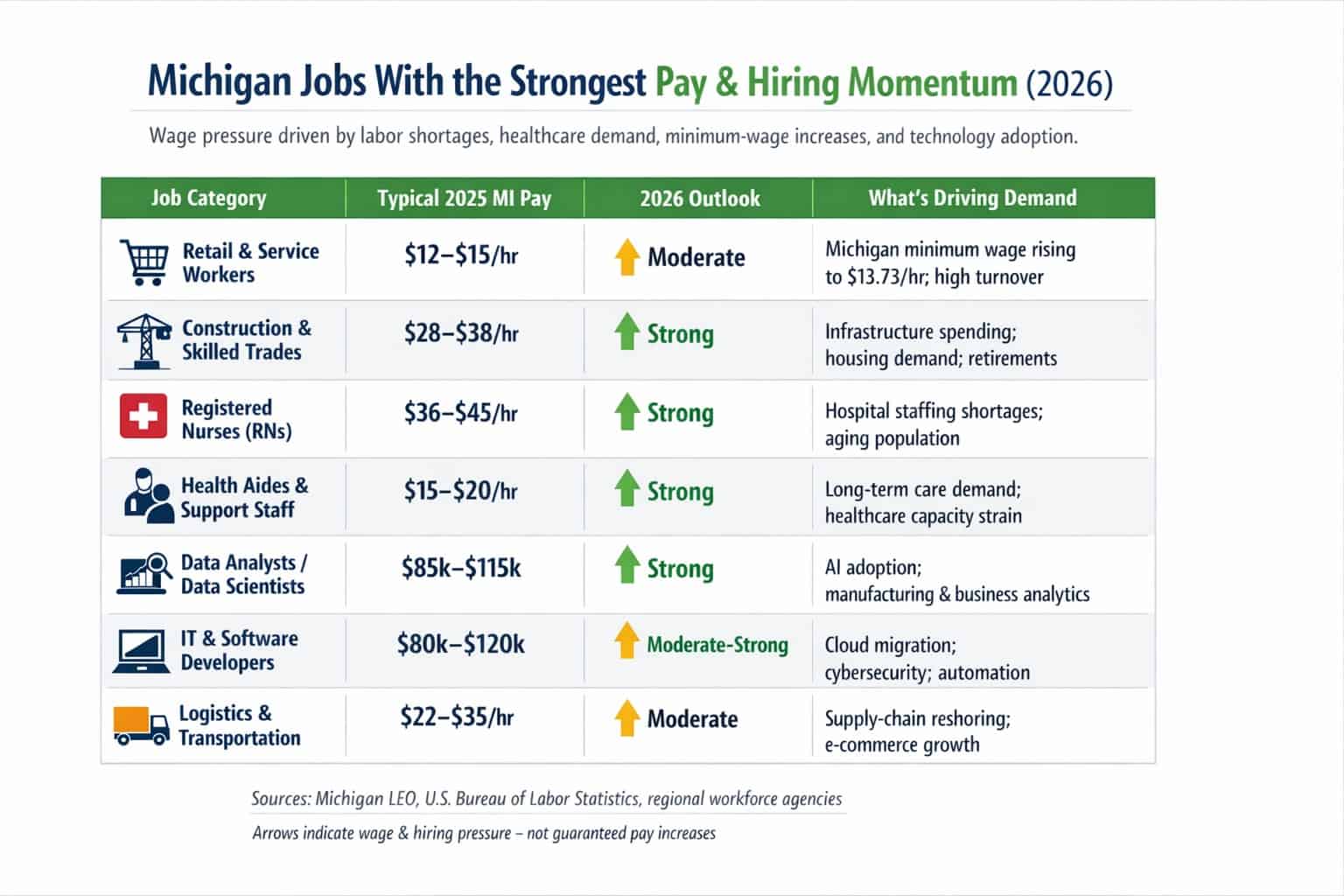COLUMBUS – With the passage of the state budget and lawmakers going on recess until fall, the status of laws and policies around Ohio’s legal cannabis programs at mid-year 2025 remains in a state of flux.
In at least one recent development, though, lawmakers have decided that the state should forgo a voter-backed cannabis social equity and jobs program.
That program and the fund behind it was designed to “remedy the harms resulting from the disproportionate enforcement of marijuana-related laws and to provide financial assistance and license application support to individuals most directly and adversely impacted by the enforcement of marijuana-related laws who are interested in starting or working in cannabis business enterprises,” according to the language in the state’s voter-approved adult-use marijuana law.

“Rather than eliminating social equity components, lawmakers should strengthen them alongside consumer protections,” Shaleen Title, a former Massachusetts cannabis regulator and Distinguished Cannabis Practitioner in Residence at the DEPC, told Crain’s. “Social equity programs aren’t a cost to be cut — they’re investments in better compliance, stronger communities and an industry that serves rather than exploits Ohioans. When regulators maintain high standards while ensuring a fair and competitive market, the result is exactly what voters intended: a responsible cannabis market that works for everyone.”
Since the overwhelming passage of Ohio’s adult-use cannabis law in fall 2023, Republican policymakers have shifted from exploring the outright repeal of the recreational cannabis program to tinkering with numerous aspects of the policies behind it.
For better or worse, nearly all of the changes that lawmakers have considered or proposed since late 2023 have yet to go anywhere. But as the biennial budgeting process kicked up this year, several changes that politicians have considered addressing were poised to be included in the appropriations bill.
This included measures backed by Gov. Mike DeWine to decrease THC potency limits on manufactured products, double the 10% excise tax on adult-use items, and eliminate the allocation of recreational marijuana tax proceeds to the host communities and social equity and jobs funds.
Read more at Cleveland Business






